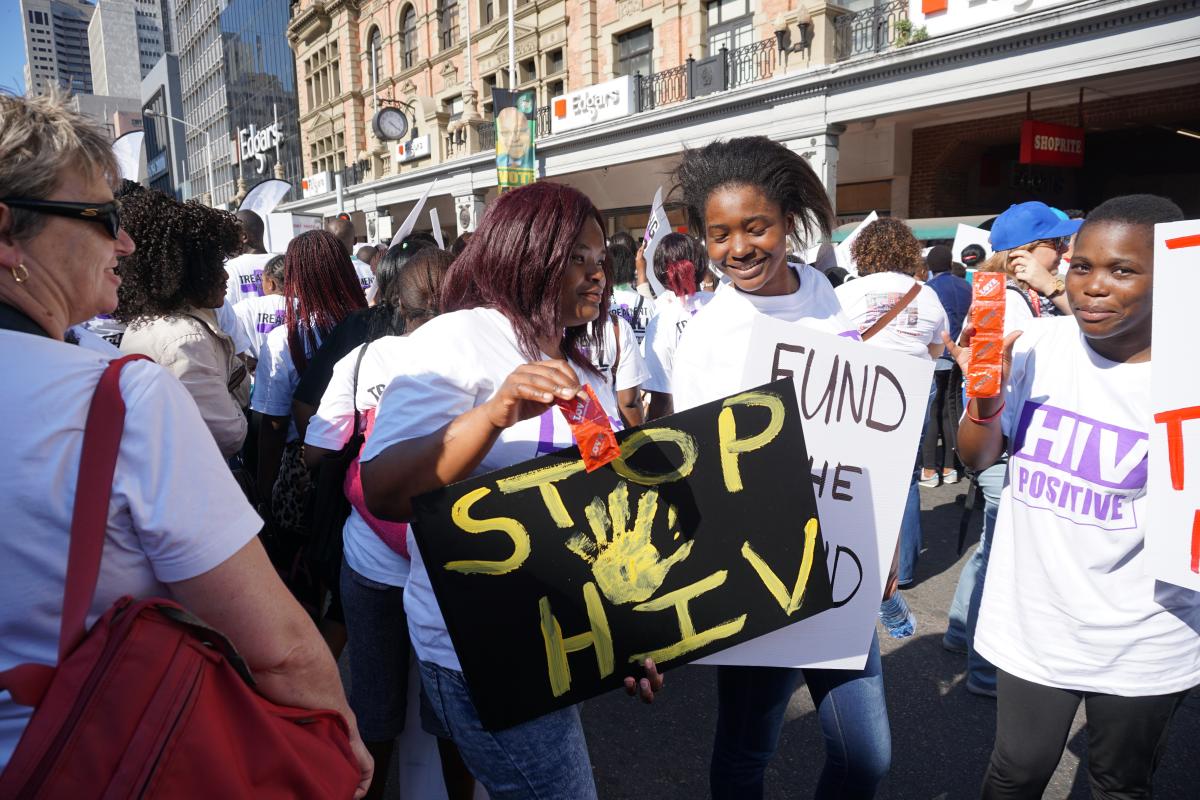The recent survey on Kenya’s teens demanding condoms has led me to reflect on societal failures. Let us for one minute shelve the blame game and focus on the adolescent girl and boy, in school and out of school, who is clearly inadequately reached and served with quality sexual reproductive health services, commodities and information. Why? You ask. Well, this is because we have chosen to invest all our energies and resources blaming each other!
It is not about their peers, it is not about the teachers, it is not about the parents, it is not about the media, it is not about the church and definitely not about the government. Quit pointing fingers to these institutions and direct it to self. Your conservative nature and silence to factual information is the reason why we have high incidences of HIV, unhealthy sexual relationships, unsafe abortion, sexual abuse and exploitation among the adolescents! Yes, you.
Sexuality Education is not new. For different cultures and traditions, information about sex and sexuality was introduced, and took diverse formats for different age sets. There still is some form of sex education in many of our schools through the life skills curriculum. Sadly however, these structures either no longer exist, or if they do exist, they provide inaccurate information which then leaves the adolescent girl and boy muse about their feelings, thoughts and decisions around sex and sexuality.
Alarming statistics from surveys conducted and reports flood our media outlets, yet we remain unmoved by them. I think it is about time that ‘sex matters’ no longer be a taboo topic. Hiding behind morality, religion and tradition will continue to further marginalize the adolescent girl and boy who have an appetite in understanding their bodies.
The Kenyan society should understand that Sex Education does not solely mean sex neither does it mean condoms for children. If you take time to go through materials that have been developed and reviewed overtime by key stakeholders that have the adolescents in mind, you will get to know that comprehensive sexuality education consists of a rich plethora of age appropriate and scientifically accurate information on sexual and reproductive physiology; prevention of HIV and other sexually transmitted infections; contraception and unintended pregnancy; values and interpersonal skills; gender and sexual and reproductive rights.
Sex education increases the level of sexual responsibility among adolescents, as they will gain essential knowledge and skills that will benefit them in adulthood. Currently, because of inadequate sex education, many adolescents and teenagers are uninformed. The myths and misconceptions about sex prevail among them. In Holland for instance, children learn about relationships from as young as four years old. The results are impeccable. Holland has one of the lowest teenage pregnancies, abortion, and Sexually Transmitted Diseases (STDs) rates in Europe.
Kenya has a policy infrastructure in place. There is political will. In 2015, Health Ministry Cabinet Secretary James Macharia, declared that he is determined to see the implementation of Age appropriate comprehensive sexuality education in schools during the launching of the National Adolescent Sexual and Reproductive Health Policy 2015. Its implementation however has been slow due to various factors particularly the opposition from conservative religious groups.
Realizing our ambition to promote comprehensive sex education requires a multi-sectoral approach involving different Government ministries, non-governmental organizations, teachers, parents, religious groups among other stakeholders. Sex Education is a human right!




